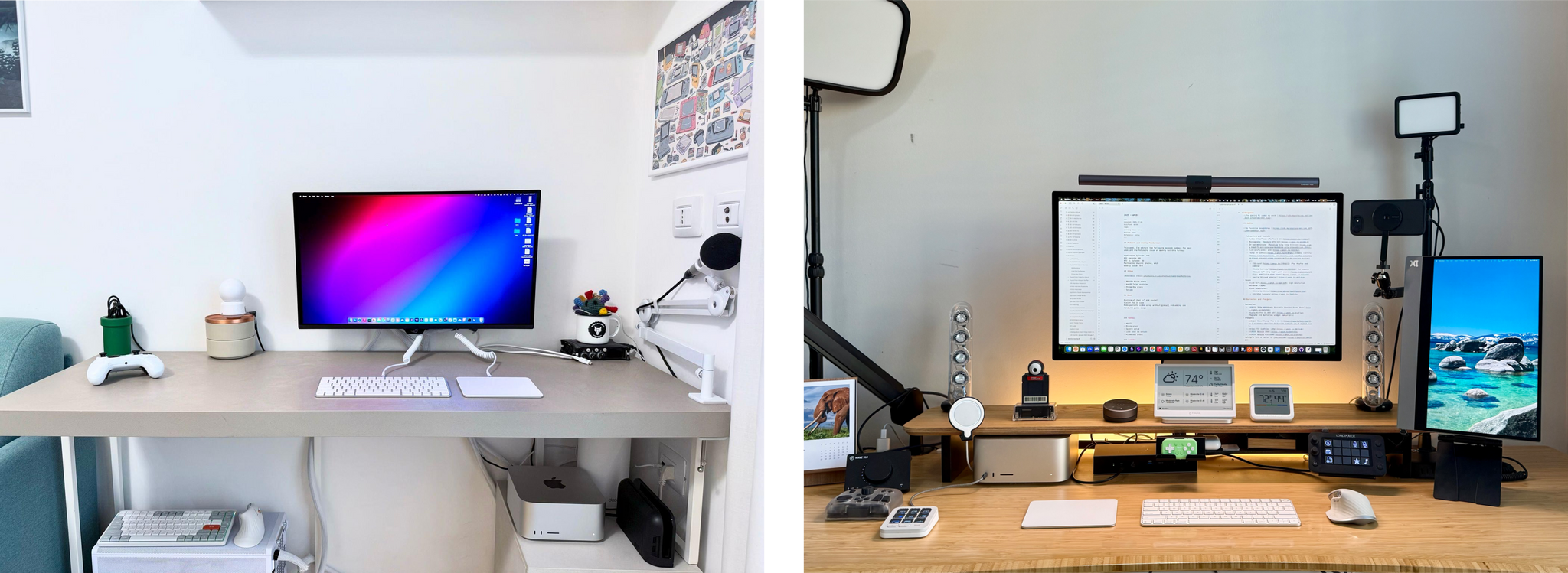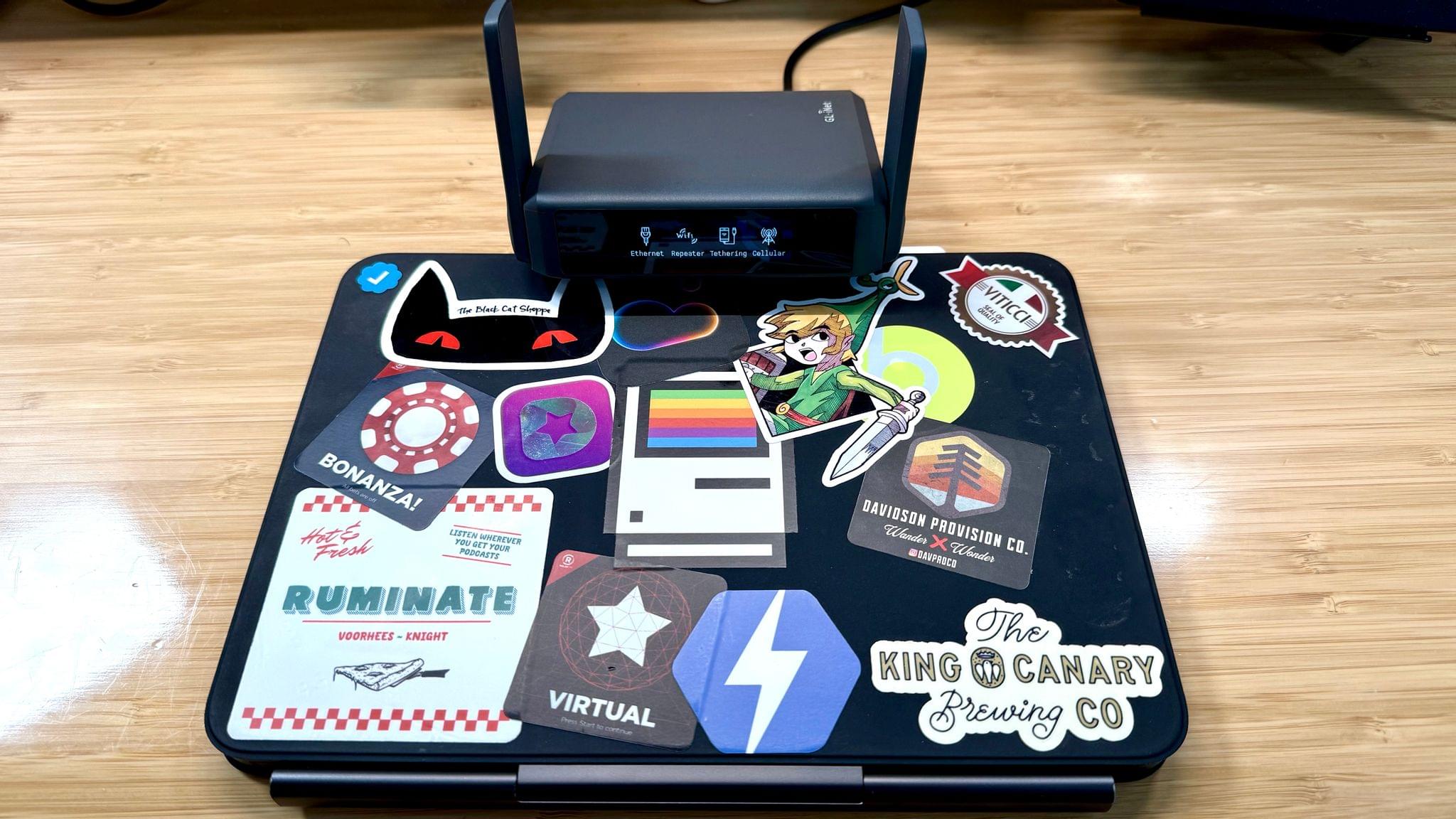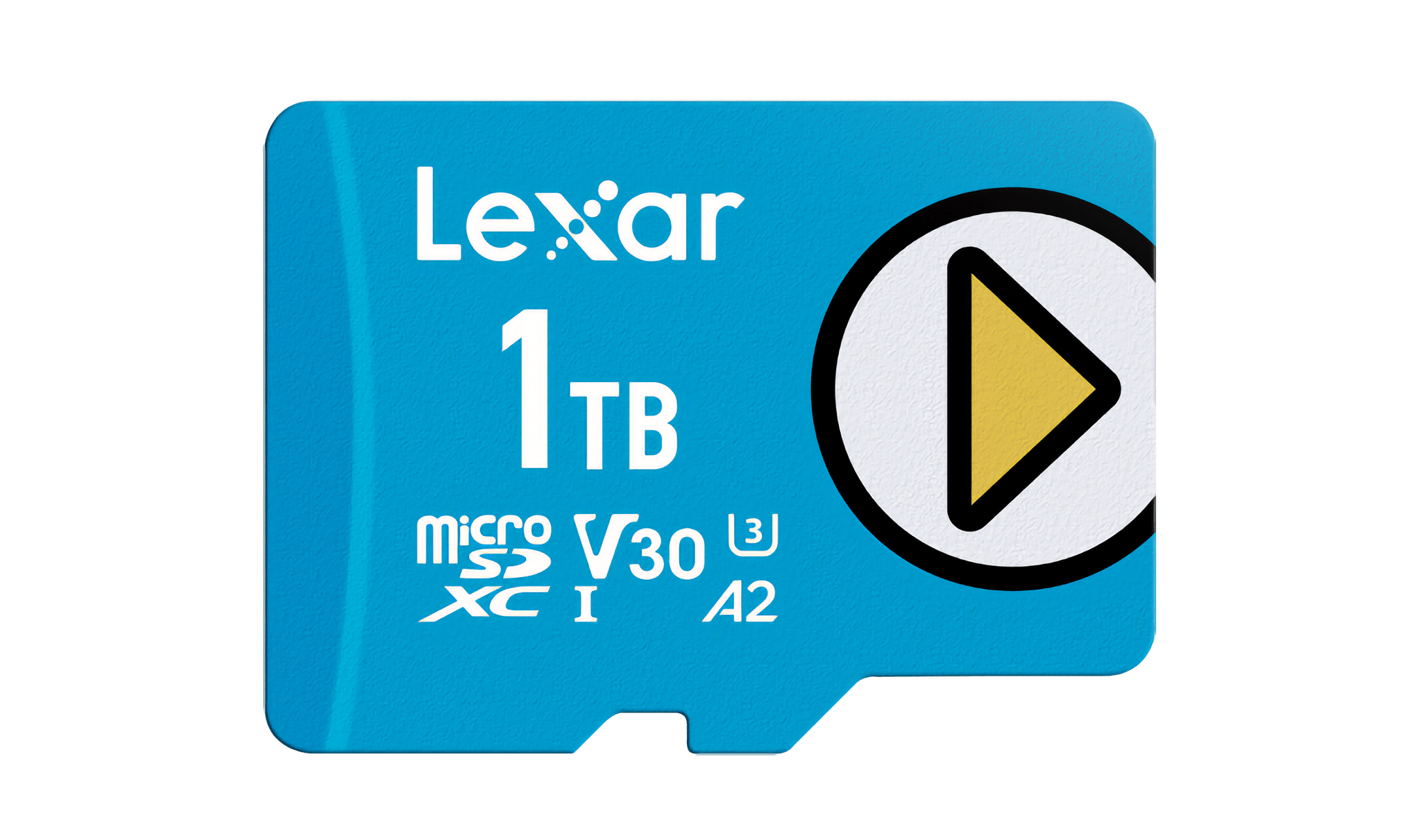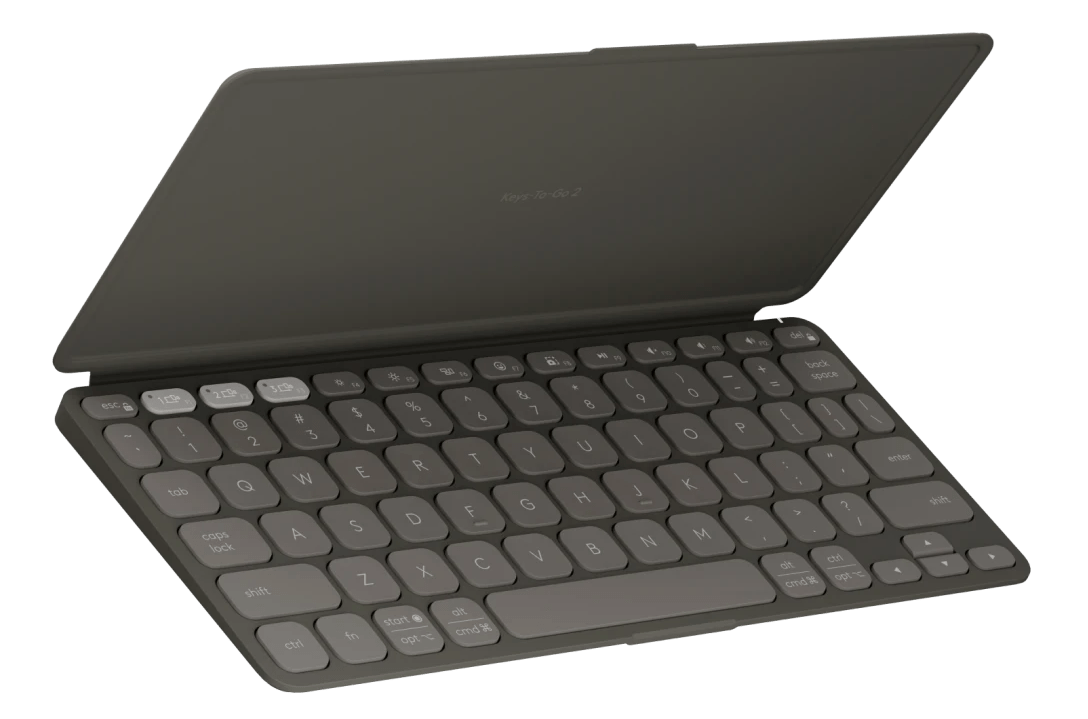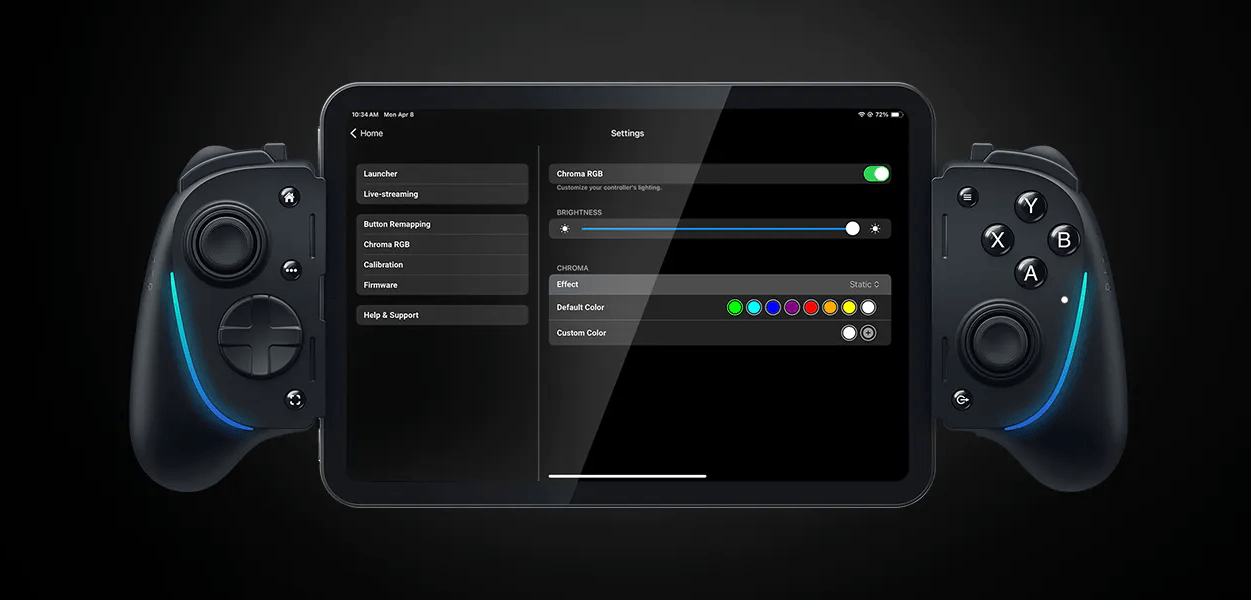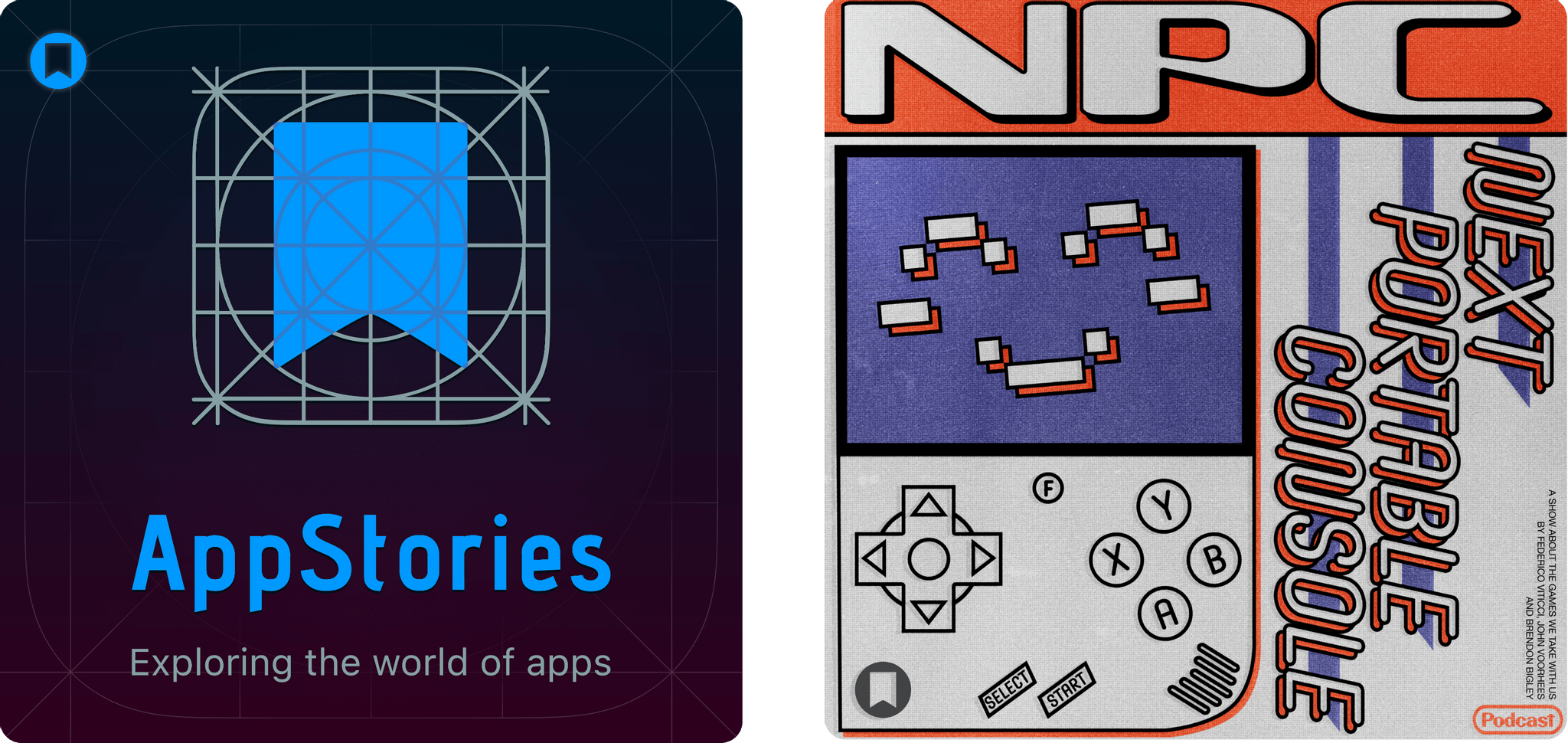It’s time for another update to the MacStories Setups page, where you’ll find all the gear and apps that Federico and I use for work and play. With Prime Day upon us, it’s a great time to revisit our setups and see what’s on sale. Plus, there’s a handy changelog at the top of the page for those of you who are only interested in what’s new. If you want to hear more about what drove the latest changes to our setups, we’ll be discussing them in more detail on this week’s episode of MacStories Unwind, too.
It’s been a little while since we last heard from Federico about his setup, which took a recent turn with the developer beta of iPadOS 26. The iPad Pro is back at the center of Federico’s workflow, but he’s been able to keep everything as streamlined as ever with the help of his ASUS ROG PG27UCDM monitor that features a built-in KVM switch. That display lets him easily switch between the iPad, an M4 Max Mac Studio, his custom-built gaming PC, and the Nintendo Switch 2. When he’s not at his work and gaming monitor, Federico has the latest Viture Pro XR glasses that serve as a USB-C connected external display.
One highlight of both of our setup updates is the TP-Link WiFi 7 Deco BE85 routers. Federico got a two-pack, and I have a three-pack, thanks to my three-story condo. Home Wi-Fi 7 mesh networks are still on the expensive side, but they are much faster than Wi-Fi 6 and 6E in my experience, and the models that Federico and I each installed earlier this year are discounted during Prime Day.
My setup has been simplified a bit with my latest update. I’m carrying a smaller tomtoc bag when I’m away from home (which I’ve been loving), I upgraded my travel router to Wi-Fi 7 with the GL.iNet GL-BE3600 (Slate 7) Portable Travel Router, and I’m a big fan of the compact elegance of the MOFT Invisible Laptop Stand that I reviewed earlier this year.
At my desk, I swapped a Belkin AirPlay 2 receiver for the more powerful Arylic LP10 AirPlay 2 Wireless Music Streamer, which drives my Harmon Kardon SoundSticks III speakers. I also replaced a pair of broken podcasting headphones with the inexpensive but very comfortable CCZ Yinyoo Melody In Ear Monitors. And I recently started using the Kensington SD5000T5 Thunderbolt 5 Docking Station to expand my Mac Studio’s peripheral options.
Finally, you’ll notice I’ve trimmed down my handheld console setup. There’s still a lot there, but I’ve been focused on flip-style handhelds and picking a favorite of each form factor instead of jumping endlessly from one handheld to the next. With this update, the big additions are the Retroid Pocket Flip 2 and the Miyoo Flip.
Both of us have added other apps and gear, too, so be sure to browse through the Setups page to find the complete listing of our current setups.


